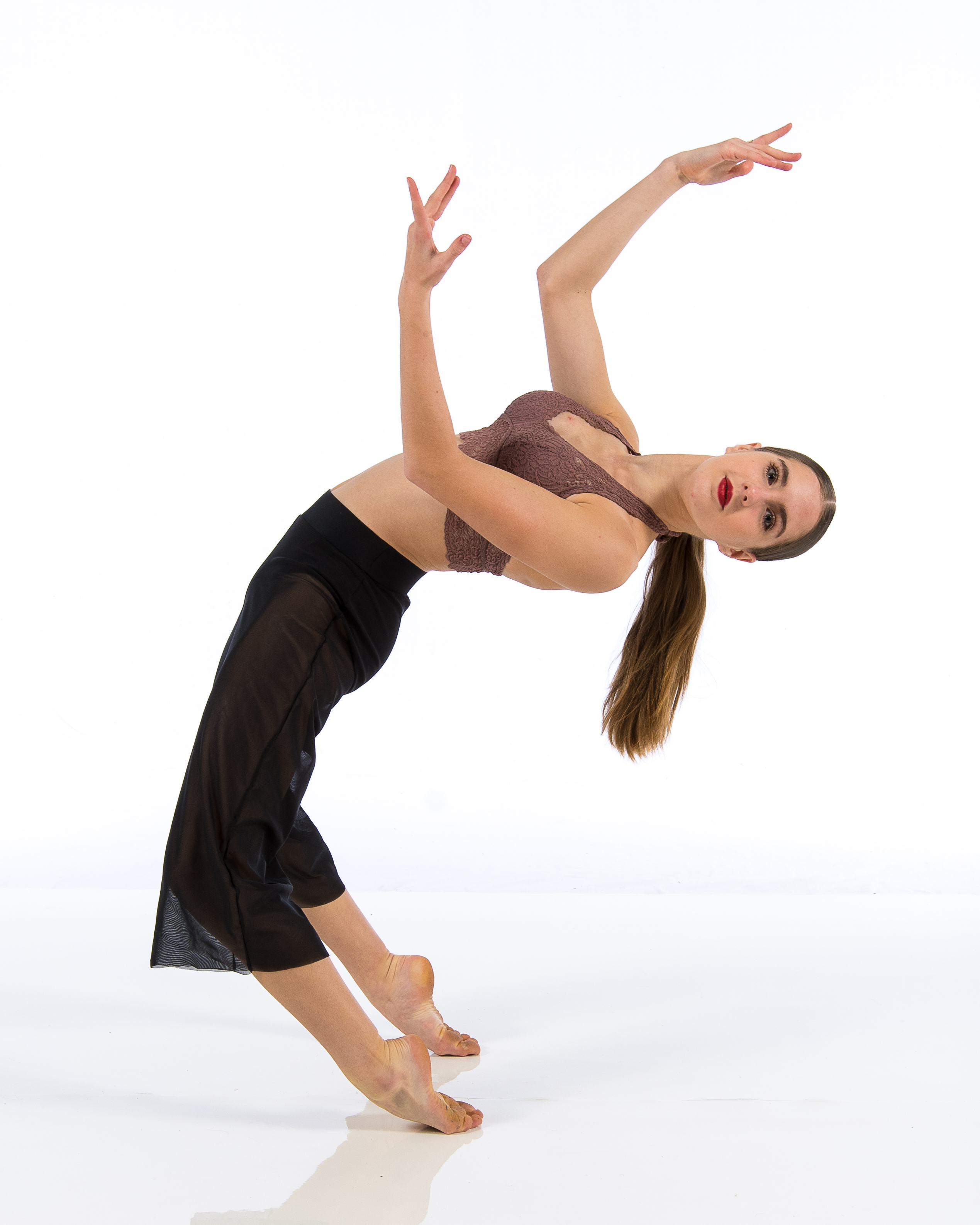Introduction
Running a dance studio isn’t just about twirling around in tutus or busting out moves on the dance floor; it’s an intricate blend of creativity, business acumen, and relentless hustle. From managing classes to marketing your studio, the world behind the scenes is thrilling yet demanding. If you’ve ever thought about opening a dance studio or simply want to understand what goes into it, you're in for a treat. In children's dance studio this article, we’ll dive deep into "The Hustle Behind the Hustle: Running a Dance Studio," giving you insights into every aspect of this endeavor.
The Hustle Behind the Hustle: Running a Dance Studio
Starting and managing a dance studio requires passion and dedication. It’s not just about teaching students how to pirouette or breakdance; it’s about building a community where people can express themselves through movement. You might wonder, what does it take to make your dance studio thrive? Here’s where we break it down.
Creating Your Dance Studio Vision
Every successful business begins with a clear vision. What type of dance will you focus on? Ballet, jazz, hip-hop, or perhaps all of them? Defining your niche allows you to target your audience effectively.
- Identify Your Target Audience: Knowing who your ideal students are can shape your marketing strategy. Set Clear Goals: Whether it’s reaching a certain number of students or hosting an annual recital, having goals keeps you focused.
Location Matters: Choosing the Right Space
The physical space of your dance studio can make or break your success. Look for locations that are easily accessible and have enough room for multiple classes at once.
Factors to Consider When Choosing a Location
- Foot Traffic: Is there visibility from streets or nearby shops? Parking Facilities: Are there enough spaces for parents dropping off their kids? Rent Costs: Ensure that rent aligns with your budget while keeping potential profits in mind.
Designing Your Dance Studio Layout
Once you have secured a location, creating an inviting atmosphere is essential. A well-designed layout enhances the student experience.
Key Elements for Layout Design
- Dance Floors: Invest in quality flooring that is safe and conducive to dancing. Mirrored Walls: Essential for dancers to check their form. Waiting Areas: Comfortable spaces for parents are crucial.
Building Your Class Offerings
Now comes one of the most exciting parts—deciding what types of classes you'll offer!
Popular Dance Classes You Could Consider
Ballet Jazz Hip-Hop Contemporary Tap ZumbaYou should also think about offering specialty classes like adult ballet or competitive dance teams.
Finding Qualified Instructors
Your instructors will significantly influence the quality of education at your studio. Hiring qualified teachers who share your vision is vital.
What to Look For in Dance Instructors
- Experience in teaching and performing A passion for working with students Strong communication skills
Marketing Your Dance Studio Effectively
In this digital age, having a solid marketing strategy is essential for attracting students.
Digital Marketing Strategies
Social Media Presence: Platforms like Instagram and TikTok are perfect for showcasing dance videos. dance studio Website Optimization: Ensure your website is user-friendly with class schedules and enrollment options. Community Engagement: Participate in local events to raise awareness about your studio.Pricing Your Dance Classes Competitively
Setting prices can be tricky—you want to remain competitive but also need to cover costs.
Factors Influencing Pricing
- Market Research: Analyze what other studios charge in your area. Class Length and Type: Consider pricing differently based on class duration and style.
Creating an Effective Schedule
A well-planned schedule ensures optimal attendance while accommodating both kids and adults.
Tips for Scheduling Classes
Balance various styles throughout the week. Offer multiple time slots per class type. Pay attention to school calendars for breaks.The Importance of Communication with Students' Parents
Building relationships with students’ parents fosters trust and encourages word-of-mouth referrals.
Effective Communication Tips
- Regular Updates via Email Open House Events Feedback Forms after Recitals
Utilizing Technology in Dance Education
Incorporating technology into lessons can enhance learning experiences significantly.
Tech Tools You Can Use
Video Analysis Apps Online Class Registration Systems Virtual Lessons as AlternativesHosting Recitals and Performances
Recitals provide students with invaluable performance experience while showcasing their hard work!
Planning Successful Recitals
Choose Accessible Venues Promote Early Rehearse ThoroughlyHandling Finances Wisely
Managing finances might not be glamorous, but it's crucial for long-term success!
Financial Practices You Should Consider
Budget Planning Tracking Monthly Expenses Understanding Tax ObligationsCreating Community Within Your Dance Studio
A thriving community makes all the difference! Students are more likely to return if they feel at home in your studio.
Ways to Foster Community Spirit
Host Social Events Encourage Student Collaboration Create Supportive GroupsFAQs About Running a Dance Studio
1️⃣ How much does it cost to start a dance studio?
- Starting costs vary widely based on location, size, and offerings but generally range from $10,000-$50,000.
2️⃣ What insurance do I need for my dance studio?

- Liability insurance is essential, along with property coverage if you're renting or owning space.
3️⃣ How do I attract new students?
- Utilize social media promotion, special introductory offers, and community engagement strategies!
4️⃣ Do I need certifications as a dance instructor?
- While not mandatory everywhere, certifications enhance credibility and may be required by some studios or schools.
5️⃣ Can I run my dance class online?
- Absolutely! Virtual classes have become increasingly popular due to their accessibility!
6️⃣ What age group should I target?
- It depends on your vision! Many studios cater primarily to children but expanding into teen/adult classes can diversify income streams!
Conclusion
Running a dance studio is undoubtedly one of the most fulfilling journeys one can embark upon—filled with joy, challenges, laughter, tears (of happiness!), and tons of hustle! From crafting beautiful movements on stage to nurturing relationships with budding dancers within our communities—the hustle behind running a successful dance studio truly reflects passion meeting purpose! So if you're ready to take that leap into this exhilarating world filled with rhythm and grace—go ahead! The stage awaits you!